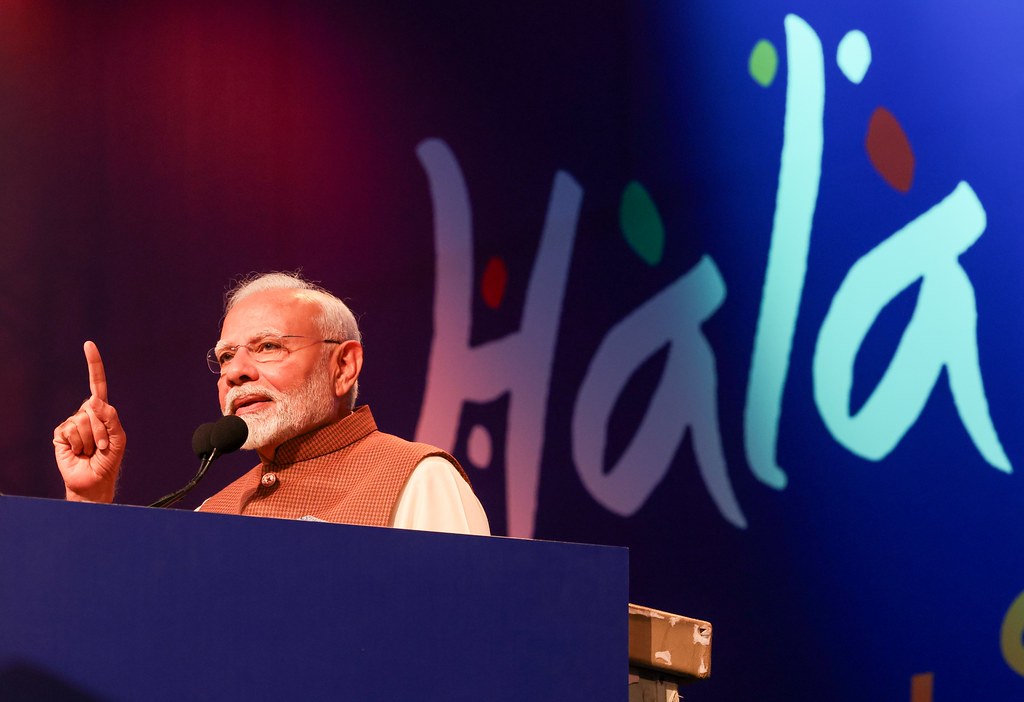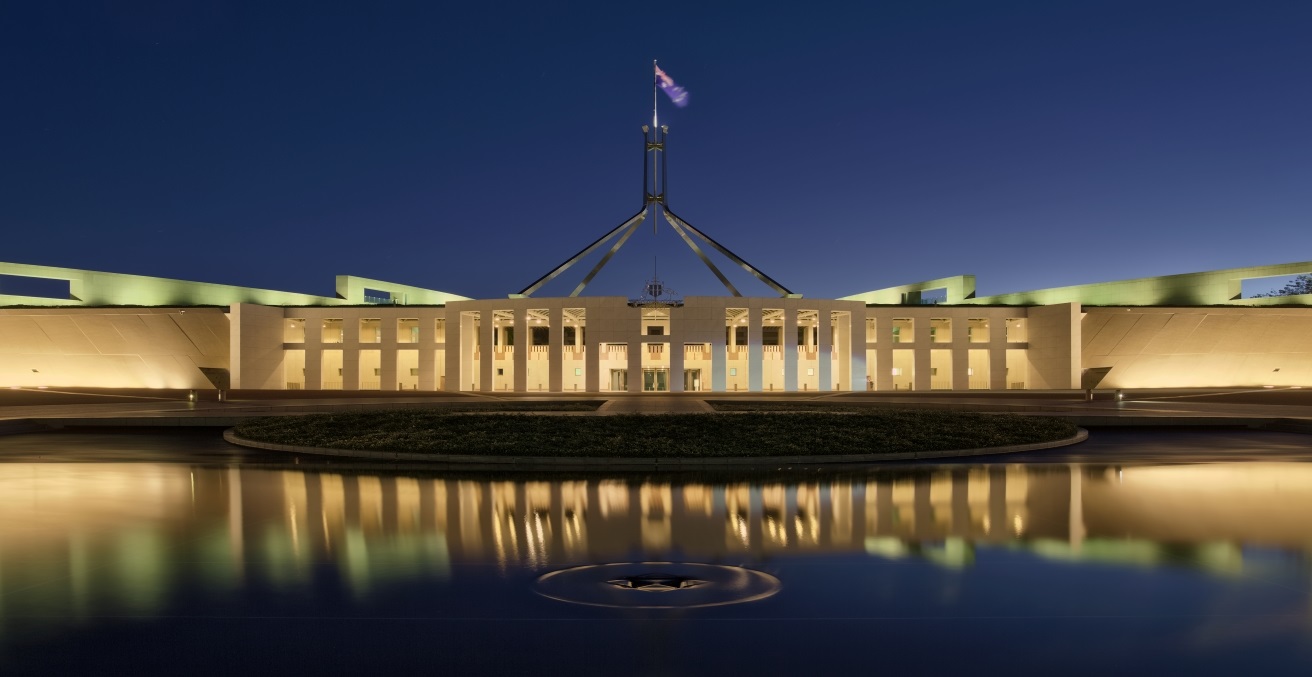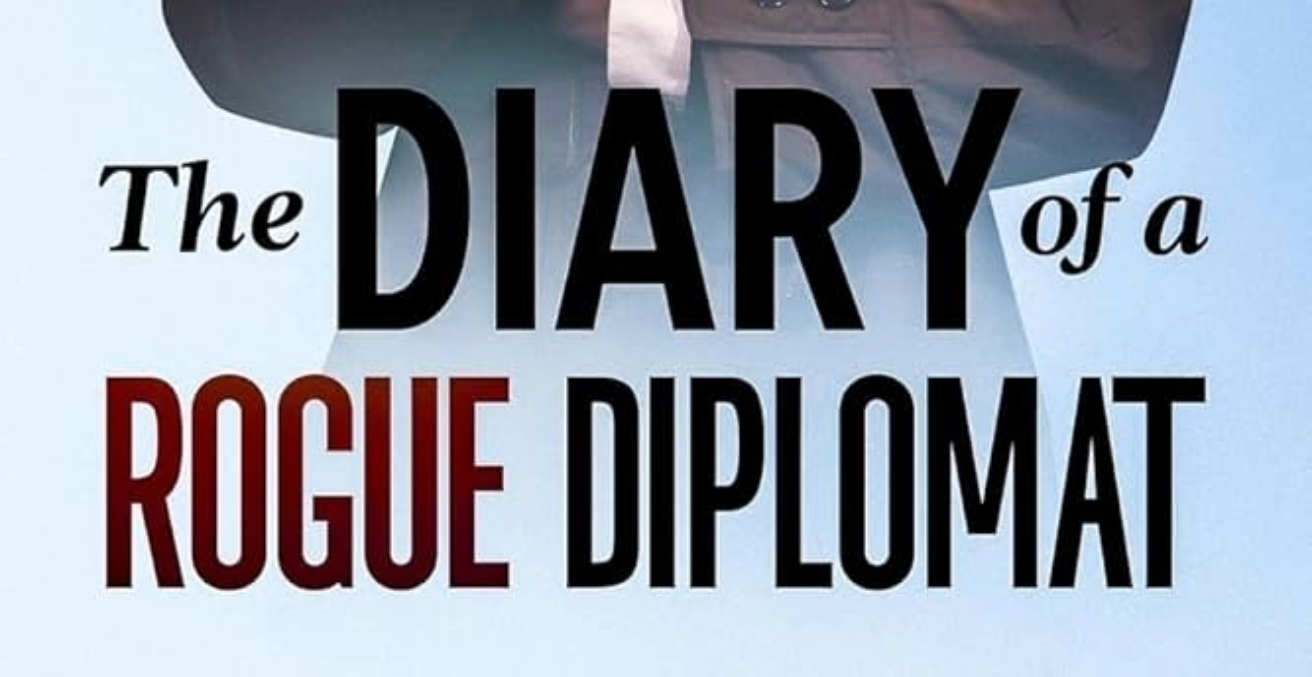Indian Prime Minister Narendra Modi’s framing of the 2019 cross-border strike on terrorist camps in Pakistan marked a pivotal moment in the construction of India’s national security narrative. More than a tactical response, it became a symbolic assertion of sovereignty and civilizational strength that narrows space for democratic debate and redefines terrorism in cultural and ideological terms.
In the aftermath of “Operation Sindoor,” Indian Prime Minister Narendra Modi’s political speeches took on a strikingly familiar tone, one that fused nationalism, military valor, and the threat of terrorism into a singular narrative of Indian strength and resolve. During hisnational address, Modi condemned Pakistan, praised the operation as a testament to India’s military might and national unity, and called it a moment of collective pride and patriotic resurgence. In contrast, the Indian prime minister did not mention Pakistan in his international addresses at forums like the BRICS summit (in Brazil) and the G7 summit (in Canada) following the operation. He framed India’s counter-terrorism efforts as essential to preserving not only national security but also global stability—positioning India as a responsible sovereign actor confronting cross-border terrorism.
The rhetoric around “Operation Sindoor” in Modi’s speeches demonstrates how national leadership in India increasingly draws on a language of nationalism and strength, using the specter of terrorism to bolster internal solidarity while asserting India’s geopolitical legitimacy abroad. These speeches by the Indian prime minister do more than recount military success; they manufacture consent, consolidate nationalist sentiment, and construct a vision of India where sovereignty is both defended by arms and sanctified through rhetoric.
Richard Jackson’s (2005) analysis of the Bush administration’s counter-terrorism rhetoric offers a valuable lens to understand how India’s “Operation Sindoor” has been framed within the Bhartiya Janata Party’s (BJP) nationalist discourse. Much like the post-9/11 US narrative, the BJP has employed emotionally charged language and imagery to construct this operation not only as a counter-terror initiative, but as a moral and national imperative to portray the Indian state as righteous and cross-border terrorists as existential threats to its national unity.
His speeches, whether delivered to domestic crowds or at international forums invoke a common language—one that celebrates the valor of Indian armed forces and portrays the state as a vigilant guardian against terrorism. However, a notable feature of Modi’s international addresses is the strategic omission of any direct reference to Pakistan, the country long accused by Indian officials of sponsoring cross-border terrorism. Rather, the language is calibrated and focused on “terrorist threats,” “cross-border terrorism,” “global security,” “humanity,” and “cooperation,” deliberately decontextualising the adversary while amplifying India’s moral and strategic authority. Operation Sindoor is portrayed not only as a counter-terror initiative but as a symbol of national pride and strength, and reflects a practice of how militarised responses are increasingly embedded within narratives of national development and security.
This shift is not incidental and by refraining from naming Pakistan, Modi avoids the optics of bilateral hostility in global forums like the G7. The absence of any direct reference to Pakistan or its state-sponsored terrorism in Modi’s international speeches might appear diplomatic, but it also reflects a calculated political strategy of balancing domestic and international pressures without provoking a direct confrontation in international forums.
His speeches allow the Indian leadership to speak the language of multilateralism while staying firmly rooted in domestic narratives of threat and retaliation. In doing so, terrorism is abstracted into a universal evil. This rhetorical strategy not only elevates India’s standing but also subtly reframes its counter-military operations, like “Operation Sindoor,”as a contribution to global peace and stability, not just as a national defence mechanism. Below we present the word cloud generated from his remarks and speeches at the G7 summit on 17 June in Canada and the BRICS summit on 6 July in Brazil.

On the domestic front, the narrative remains more direct, and Modi’s speeches are infused with emotional appeals to patriotism, military sacrifice, and national pride. The Indian military has become the embodiment of the nation’s will, and terrorism the ever-present shadow from which it should be defended. The ambiguity of the enemy on the global stage is replaced with a clearer subtext at home where Pakistan is explicitly and repeatedly named, and dissent is portrayed as undermining national unity. Below we present the second word cloud, generated from his 12 May Address to the Nation after de-escalation of India-Pakistan skirmishes and the 21 July parliamentary address—his first since the Pahalgam attack and “Operation Sindoor.”

Word Cloud 2. Source: Authors. Cloud generated with words mentioned at least 3 times by Prime Minister Modi during address to nation and parliamentary speech.
The strategy of condemning cross-border terrorism in international forums shows how the rhetoric of counter terrorism has been used to consolidate India’s foreign policy positioning. In contrast, in his national addresses, the reference to “sindoor” or “vermilion” is emotionally and strategically appropriated to systematically categorise the counter-terrorist attacks as judicious vengeance by the Indian armed forces. The use of the terms “Bharat,” “unity,” “nation,” “pride,” and “Pakistan” reflect the ideological arc of nationalist rhetoric and nation building during times of security crises.
This carefully managed language reflects a broader transformation in India’s national identity and global image, one where the line between security and sovereignty is increasingly blurred. This narrative was further reinforced by the Indian multi-party missions sent abroad to justify India’s military actions and counter misinformation.
As India seeks a greater role on the global stage, how it chooses to frame its security challenges and whom it chooses to name or not, reveals as much about its domestic political ambitions as its foreign policy ones. In reframing terrorism as a global threat without naming Pakistan, Modi has crafted a dual narrative by projecting India as a responsible global power abroad, while mobilising nationalistic sentiment at home. This calibrated “political rhetoric” aims to strengthen India’s diplomatic posture and consolidate domestic political legitimacy in the long run. But it also raises critical questions about transparency, peace negotiations, diplomatic dialogues, and the narrowing space for dissent in the name of national security. As India’s global stature rises, so too must the assessment of how its leadership wield the language of securitisation and national unity.
Dr. Soham Das is an Assistant Professor at the Jindal School of International Affairs, O.P. Jindal Global University, India. He holds a Ph.D. and an MA in Political Science from The University of Texas (Dallas), USA. His research interests lie at the intersection of international relations, political violence, electoral behavior, and peace-conflict studies. His current research explores the causal and comparative dynamics of conservative electoral victories and political violence in the United States, Canada, and India, while also examining identity politics in Indian elections, subnational positive peace, majority security dilemmas, and ethno-civil violence in South Asia.
Dr. Garima Sarkar holds a Ph.D. in Political Science from McMaster University, Canada specializing in public policy and comparative politics with a focus on gender, party politics, and political representation in Asia. Her research explores the barriers women face in political candidacies, party politics, and electoral politics with a particular focus on India and the Asian region. She has experience in both academia and policy research, having contributed to projects on democratic backsliding and ethnic quotas in Asia. She specializes in Asian politics, with a particular focus on Indian party systems and electoral dynamics.
This article is published under a Creative Commons License and may be republished with attribution.





